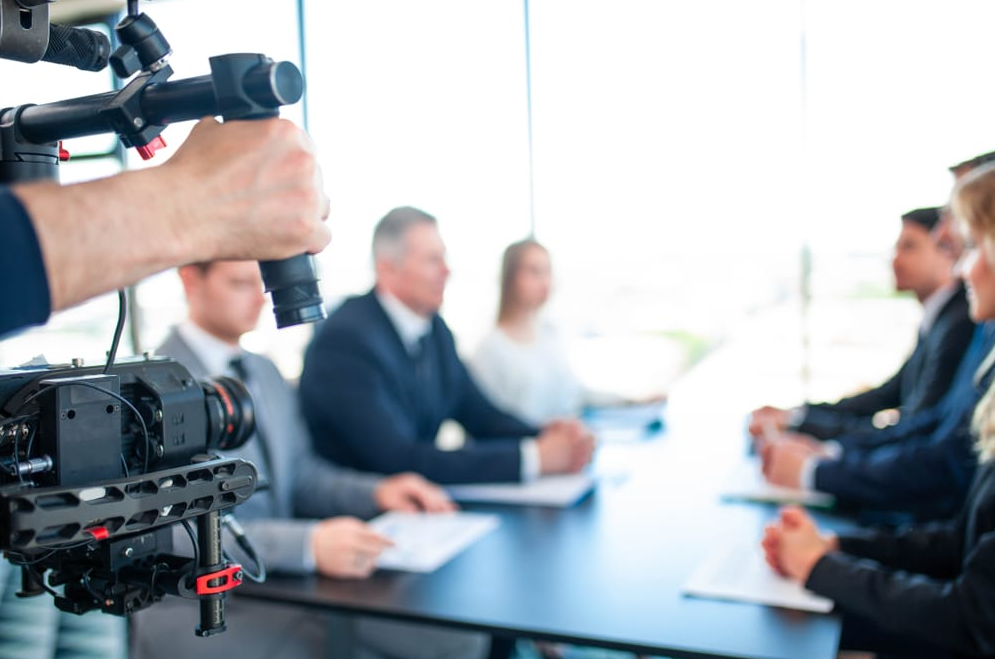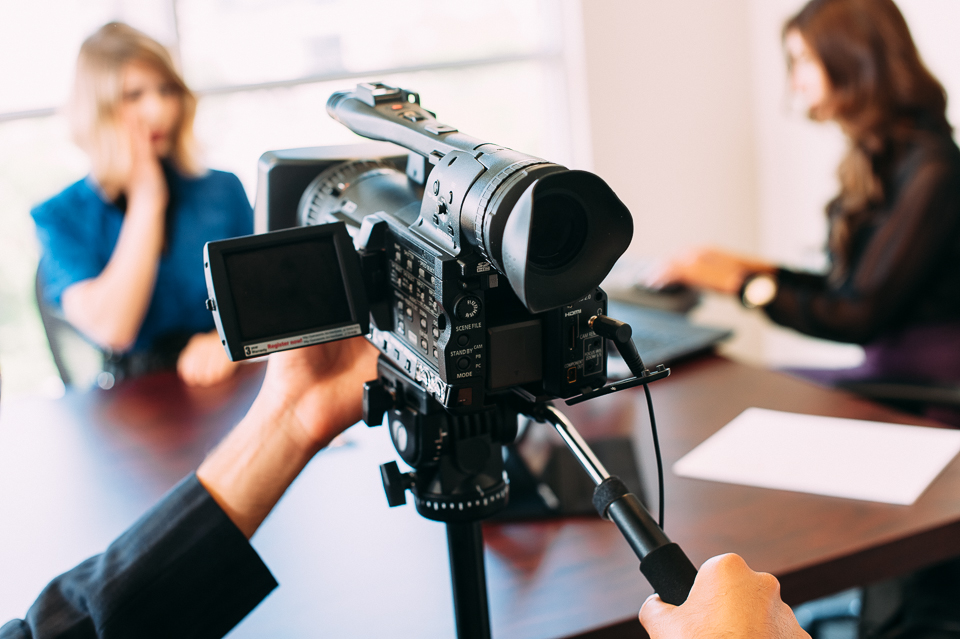Trusted Legal Videography for Capturing Detailed Evidence.
Trusted Legal Videography for Capturing Detailed Evidence.
Blog Article
The Role of Legal Videography in Depositions and Trials
Legal videography has actually arised as a crucial tool in both depositions and trials, providing a diverse method to documenting witness testimonies. As legal experts progressively acknowledge its worth, it motivates a deeper assessment of just how these aesthetic records can influence juror assumptions and test end results.

Importance of Legal Videography
Legal videography plays a critical duty in the documentation and discussion of depositions and tests. This specific area incorporates technical abilities with legal understanding to create a trusted document of procedures that can significantly affect situation end results. The aesthetic aspect of legal videography enhances the understanding of witness testimony, permitting jurors and courts to observe not just the talked words however also the attitude, emotions, and body language of the witnesses.
Furthermore, lawful videography provides an objective account of occasions, lessening the capacity for false impression that can accompany composed records alone. This aesthetic documentation acts as an essential device during trial discussions, helping with a more clear and even more influential narrative for both plaintiffs and accuseds. Furthermore, the ability to replay video clip sectors during court proceedings enables lawful teams to highlight key points, strengthening their arguments successfully.
The significance of legal videography expands past the court; it likewise plays an important function in preserving proof for future referral, whether for appeals or additional legal action. Its integration right into the legal process is important for making sure a fair and accurate depiction of the facts, inevitably contributing to the pursuit of justice.

Refine of Legal Videography
While recording the nuances of depositions and tests, the process of legal videography involves numerous crucial actions that guarantee high-grade, accurate recordings. A professional legal videographer prepares by examining the case materials and comprehending the details needs of the deposition or trial. This preparation includes familiarizing themselves with the participants and the context, which helps in recording pertinent details.
On the day of the recording, the videographer establishes the necessary devices, which usually includes high-definition cameras, microphones, and appropriate lights. Ensuring optimum angles and audio top quality is crucial, as it straight influences the performance of the recording. The videographer interacts with lawyers and individuals to establish protocols, making certain that everybody understands the recording procedure.
Throughout the deposition or trial, the videographer thoroughly tapes the proceedings, paying attention to both verbal and non-verbal signs. This consists of recording the disposition and responses of witnesses and lawyers. After the session wraps up, the videographer might edit the video footage for quality and compliance with lawful criteria, generating an end product that properly mirrors the procedures for future referral and usage in lawful contexts.
Benefits in Depositions
The unification of videography in depositions uses countless advantages that improve the total process of gathering proof. One main advantage is the capacity to capture witness statements with aesthetic and acoustic integrity, providing a much more precise representation of the witness's attitude, tone, and body language. This multidimensional technique permits attorneys and juries to examine trustworthiness much more efficiently than traditional written records alone.
Additionally, videographed depositions offer as an effective tool for maintaining testament. Ought to a witness become inaccessible for trial, their tape-recorded deposition can be played in court, making sure that their proof remains obtainable and relevant. This element significantly minimizes the threat of losing vital information that might influence case results.

Lastly, videography enhances the overall expertise of the deposition procedure, instilling self-confidence in customers pertaining to the thoroughness of their lawful depiction (legal videography). By leveraging innovation, lawful experts can substantially enhance the efficiency of depositions
Influence On Trials
In numerous trials, the assimilation of videography can dramatically affect the presentation of evidence and the court's assumption. Lawful videography catches witness testimonies and important evidence in a dynamic layout, allowing jurors to involve with the product on multiple degrees. This visual part improves the storytelling facet of a test, offering context and emotional resonance that traditional text-based proof might do not have.
Additionally, video recordings can act as effective devices for impeachment during cross-examination. When discrepancies arise in between Discover More a witness's previous statements and their courtroom testimony, video clip evidence gives an objective reference that can persuade jurors' opinions. This immediacy and clearness can reinforce the reputation of a party's story while simultaneously threatening opposing disagreements.

Future Trends in Legal Videography
As we look toward the future of legal videography, a number of arising patterns assure to improve its function within the court. One substantial trend is the assimilation of synthetic knowledge (AI) in video analysis and modifying. AI can improve the procedure of determining crucial moments in tape-recorded depositions, allowing attorneys to promptly access appropriate material, consequently improving efficiency in case prep work.
In addition, the increase of virtual fact (VIRTUAL REALITY) and boosted truth (AR) innovations is expected to change exactly how jurors experience evidence. legal videography. By submersing jurors in a substitute atmosphere, these technologies can offer a more extensive understanding of complicated scenarios, bring about even more informed considerations
Additionally, the enhancing need for remote depositions, sped up by the COVID-19 pandemic, will likely proceed. Legal videographers will require to adapt to brand-new software application and platforms to make certain high-quality recordings in digital settings.
Last but not least, the expanding focus on information safety and security will demand stricter methods for keeping and sharing video clip evidence. As the legal landscape advances, lawful videographers must remain abreast of these trends to preserve their relevance and efficiency in the judicial procedure.
Final Thought
In recap, legal videography offers a critical function in the judicial process, boosting the integrity of depositions and trials. As modern technology proceeds to develop, legal videography is poised to further transform its function visit their website within the lawful landscape.
Report this page